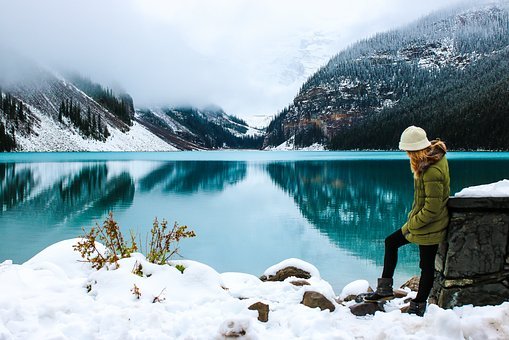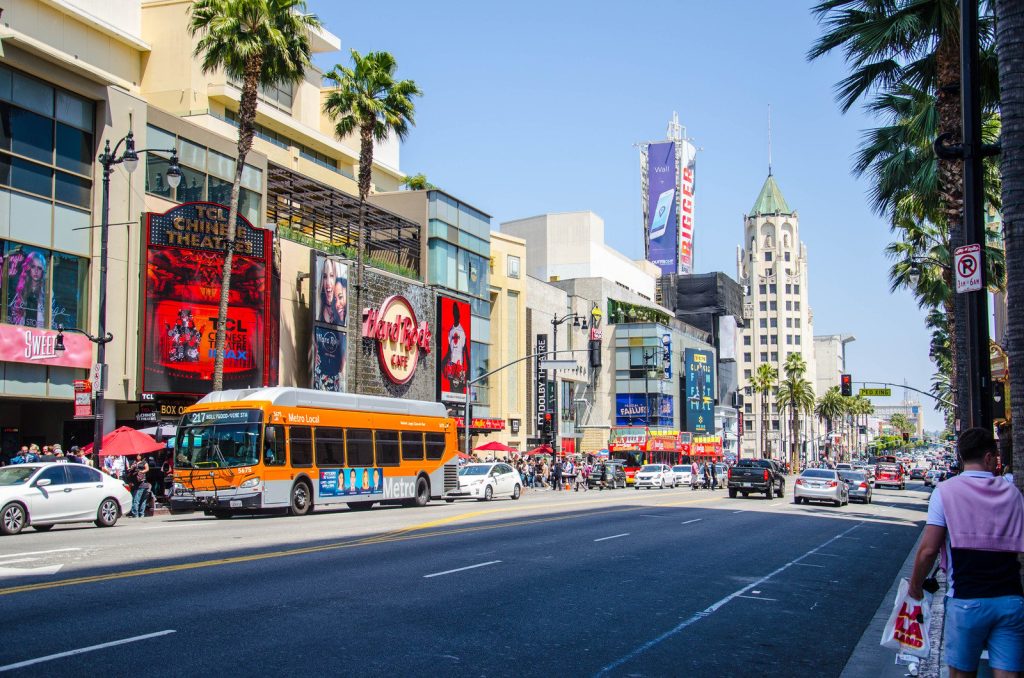
During the pandemic, Toronto endured some of the longest and strictest restaurant lockdowns of any city of the world – counting more than 360 days when residents were unable to sit down at an indoor eatery.
But as Canada’s largest city has now reached an 85% vaccination rate among those 12 and older, its vibrant dining scene and walkable waterfront is bouncing back, welcoming back locals and fully vaccinated travellers as of August.
“The city is almost back to normal, if you are vaccinated and willing to wear a mask,” said Toronto resident Felipe Vernaza, who runs the blog Your Coffee & Tea Essentials.
Why should I go now?
The reopening of indoor dining makes a winter visit to the city much more pleasant for vaccinated travellers – through patio dining is still open as well. Even though the city may be cold, winter can also be a gorgeous and less crowded time of year to visit, say residents.
“Don’t just visit in the warmer months,” advised Toronto resident Farida Talaat. “Winter snow can be beautiful in Canada!”
While most people visit Toronto in summer, winter can be a gorgeous and less crowded option (Credit: Benedek/Getty Images)
Toronto’s abundant parks, especially High Park (the city’s largest), can be the most magical places to appreciate a fresh snowfall. “You can even skate in some of the ponds if the ice is thick enough,” said Vernaza. “Toronto is a city that must be walked to be fully enjoyed, even if it gets cold.”
Snowshoeing and cross-country skiing are also permitted in some parks (including High Park), though you have to bring your own equipment.
You may also be interested in:
• The island welcoming digital nomads
• The world’s safest cities in 2021
• Four US cities bouncing back
Canada as a whole also quickly surpassed its southern neighbour, the United States, in terms of its overall vaccination rate, making it one of the most vaccinated countries in the world. This has allowed Toronto and its wider province of Ontario to make gradual moves towards lifting all pandemic restrictions by March 2022.
Travel with no trace
As North America’s fourth-largest city, Toronto has been one of the continent’s leaders in spearheading sustainability initiatives, becoming the first to require green roofs and establish bird-friendly building guidelines to make city infrastructure less dangerous to migratory birds. The city has also created Live Green Toronto, which gives the community tools, programmes and grants to move towards the goal of becoming one of the world’s greenest cities.
One of the city’s most ambitious new projects is 1 Hotel Toronto, which opened in August 2021. The hotel, located in the city’s Entertainment District, expects more than 85% of its waste to be diverted from landfill, in part by using on-site composting which transforms waste into soil for the property’s on-site gardens. Those gardens, pollinated by bees from an on-site apiary, produce food for the hotel’s four restaurants, which also convert 100% of their kitchen oil into biofuel.
Located near the lakefront, Hotel X also has made moves to become LEED Silver certified (which requires above-average marks awarded based on water efficiency, energy usage, the use of recycled and reused resources and indoor environmental quality), including its green-roof system, which also includes a rainwater reclamation system.
Toronto is working towards becoming one of the world’s greenest cities (Credit: Russell Monk/Getty Images)
Many of Toronto’s restaurants have a focus on sourcing locally. Ontario even offers a “Feast On” certification for restaurants that support the province’s farmers and makers, and includes a map of participating restaurants and suppliers.
One of those spots is brewery and restaurant Avling in east Toronto. Both the beer and the food change seasonally, with ingredients that come from the operation’s rooftop garden. The company also offers gardening workshops and a farmer’s market in summer until late autumn.
To get in touch with the city’s natural beauty, Vernaza recommends checking out The Toronto and Region Conservation Authority (TRCA), which occasionally offers nature walks in the city and other educational outdoor events. He especially recommends the guided tour of Tommy Thompson Park, located on a narrow peninsula within Lake Ontario. “This park is a bird-watchers’ paradise with more than 300 recorded species,” he noted. It was declared a globally significant important bird area by BirdLife International.
Know before you go
Toronto maintains an online summary of all its current restrictions by venue and event type that can be checked to get the latest mask mandates, gathering size limits and vaccination requirements. Currently, indoor dining in Toronto requires proof of vaccination, and all venues (restaurants, retail and event centres) require mask-wearing indoors, though masks can be removed once seated at a restaurant.
Vaccinated travellers to Canada must upload their proof of vaccination to the ArriveCAN app before arrival. Canada has been on the stricter side in terms of the types of vaccines accepted (currently only Pfizer, Moderna, Johnson & Johnson and AstraZeneca), but staring 30 November, they’re approving Sinovac, Sinopharm and Bharat Biotech as acceptable vaccines to enter the country without quarantine.
Join more than three million BBC Travel fans by liking us on Facebook, or follow us on Twitter and Instagram.
If you liked this story, sign up for the weekly bbc.com features newsletter called “The Essential List”. A handpicked selection of stories from BBC Future, Culture, Worklife and Travel, delivered to your inbox every Friday.









